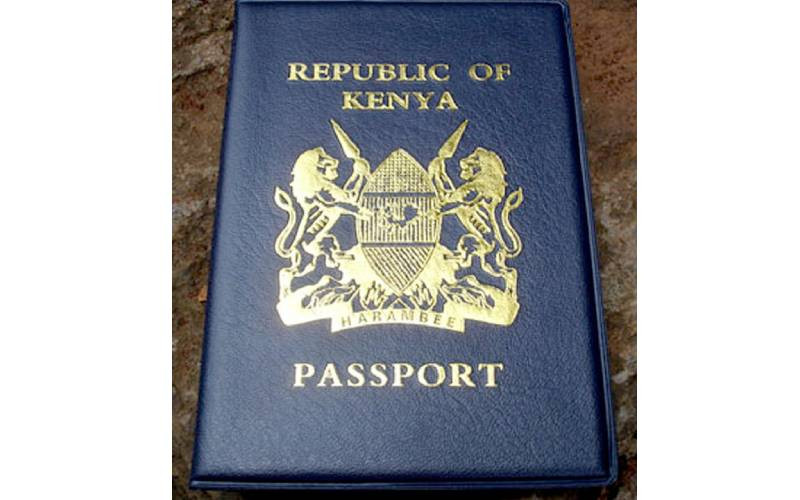×
The Standard e-Paper
Join Thousands Daily

There was a time when the police could grant a Kenyan a passport. Those were days when a postage stamp carried the weight of hard currency and a married woman could tag along with her husband on foreign trips even if she did not have her personal travel documents.
For as little as Sh7.50 of course paid in the form of stamps, an applicant was assured of a passport.